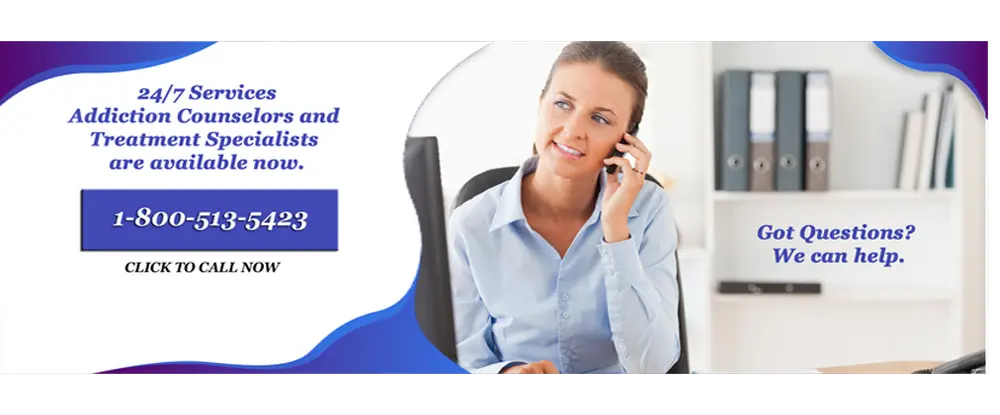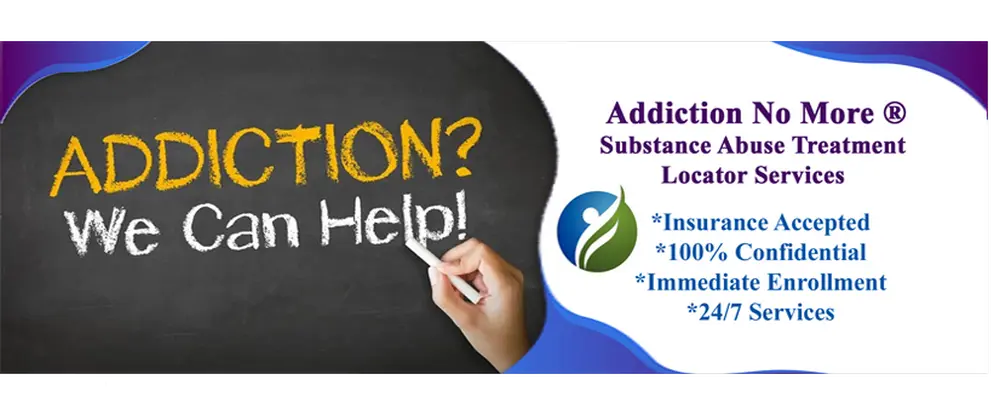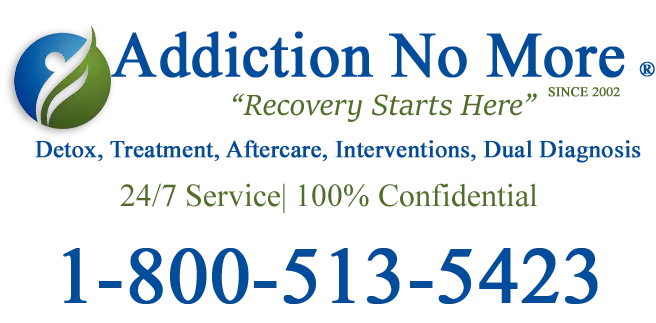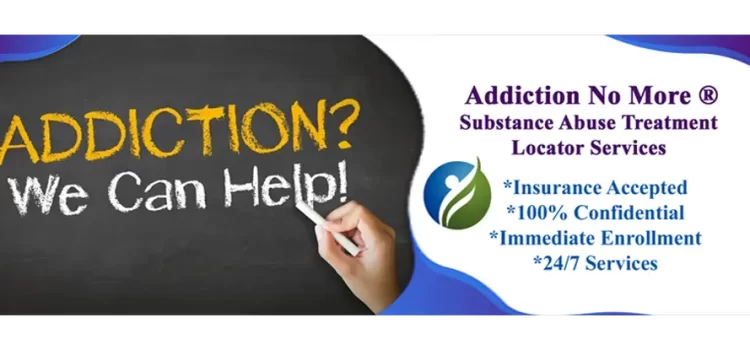Drug Abuse
Addiction No More can help you locate treatment for drug and alcohol abuse today. give us a call 24 hours a day, 7 days a week.
1-800-513-5423
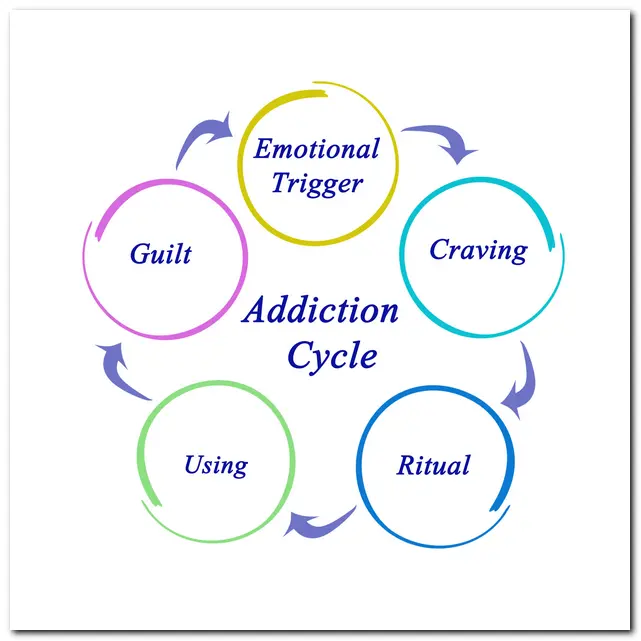
Understanding the Root Causes of the Addiction Cycle
Drug abuse development and the addiction process
Why do some people become addicted to drugs while others do not? There is no single event or factor that can predict if a person will become addicted to a drug or alcohol. There is a risk of developing an addiction for everyone who tries to use drugs recreationally. The risks for addiction can be influenced by a myriad of factors including the biology of the individual, environmental issues, age, and or the stage of development a child is in during the social intake of drugs or alcohol. The more risk factors the individual has, the more likely it is that social drug or alcohol use could lead to addiction.Biological Risks
Not only does our environment relate to the place we live but also our friends, family, economic stature, or quality of life in general. All of these factors can greatly increase the risks of addiction and influence drug abuse. there are many other factors that can have a hand in the addiction process such as sexual assault, stress, and the quality of parenting, trauma, or a mental disorder.
The addiction process can begin at any stage in a person’s life but the earlier that people start to use and abuse drugs, the more likely that a person will become addicted. Addiction vulnerability is directly affected by environmental factors and genetic disposition coupled with critical developmental stages in life, in turn accelerating the addiction process.
Teenage Drug Abuse
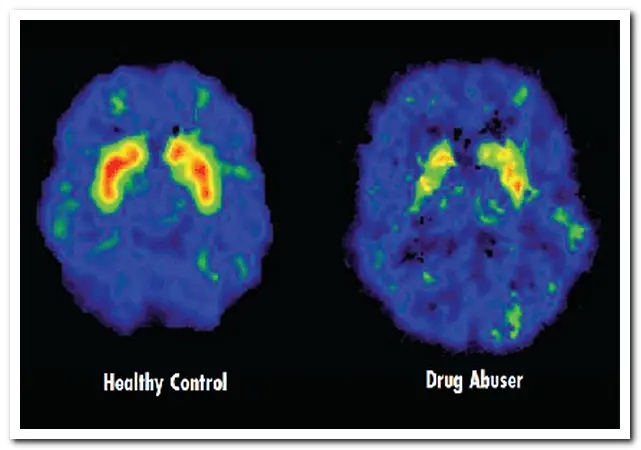
How do drugs affect the brain?
Long-term effects on the brain
The most common misconceptions people make about addiction and drug abuse
MYTH Addiction is a disease and there is nothing you can do about it: Treatments have been proven to work and cure addiction in many people. Addiction is a brain disease, but we do not have to feel helpless. All of the changes that addiction has caused to the brain, can be reversed through medications, therapy, diet, exercise, and other treatments, usually associated with holistic type therapy programs.MYTH The only way to get an addict’s help is when they hit rock bottom: Waiting until the person affected by addiction finds their rock bottom is one of the biggest mistakes you can make. Who is to say where that bottom is? For some, it can be death. The earlier you get someone’s help for their addiction, the better the result. The deeper the addiction takes its hold on a person, the more difficult the treatment will be. Don’t wait for them to come to you for help. Show them love and compassion and find them the help they need.
MYTH There is no need for the treatment you just have to have the willpower to quit: As the addiction progresses, it actually alters the brain’s chemistry, resulting in a powerful need for the drug and an urge to use. There are drugs that also have a physical dependency component to the withdrawal process, keeping people needing the drug just to be able to function.
MYTH Treatment doesn’t work: Although it can take several tries and different therapy models to get someone help with their addiction, treatment DOES work. For some people, relapse is a part of their recovery. It doesn’t mean that treatment failed. It just is a ripple in the process of recovery. For some, it can take a different approach other than the previous treatment, to handle their addiction.

Support can make all the difference in recovery
The best thing you can do is talk to them and express your concerns while offering them help, without being judgmental. The sooner you can get them the help they need, the easier the correction can be. Do not wait for them to hit a bottom. When confronting someone, you need to be prepared as they will most likely have a lot of excuses and quite possibly deny that there is even a problem. Do not blame yourself for someone else’s actions or problems. While there are reasons that a person becomes addicted, it is usually a combination of life experiences, pre-disposition to addiction, brain chemistry, and a myriad of bad choices that lead a person to seek out a way to stop the pain of life. It is important for the addict that you are trying to help, to come to the realization that they need help. This is the first step in recovery and is the one that sets the tone for treatment. Take care of yourself and do not put yourself in a dangerous situation to help a friend or family member. The world of drugs can be cruel, heartless, and downright dangerous. The person that you are trying to help is in that world and quite possibly involved in illegal behavior and actions, so make sure that you meet them in a neutral place to ensure your safety as well as make them feel that they can leave at any time.
Support can come from many places: Family, Close friends, Recovering addicts, AA, NA, or any other addiction support group, Church members or pastors, Therapists, and counselors.
Things NOT to do to someone who is suspected of using drugs
Do not cover up for their actions, or bail them out from the negative consequences addiction has to offer.Do not attempt to bribe them to get treatment for their addiction.
Do not hide their drugs or throw them out. Some types of withdrawal can cause death.
Do not attempt to get someone help when they are high
Do not feel guilty for their actions or behaviors
Do not argue with them when they are high
Do not try to take the blame for their actions
Do not take over their responsibilities.
Enabling does not help anyone.

How We Can Help
Confronting someone about their addiction can be a risky undertaking and sometimes it is better to have professional help, to ensure not only your safety but also ensure that the addict feels that they are not being blamed or backed into a corner. Often one intervention can be the only chance you have to save an addict’s life. We urge you to get someone who is trained and certified to help you plan and hold the intervention. Call us today and we can help you find an interventionist in your area. For further information about the intervention process, refer to our intervention process.Addiction is not something to be taken lightly. Too often, we lose family and loved ones to drug or alcohol dependency. Getting someone the help they need can be a life-saving event. People can change for the better. Addiction does not have to be forever. Start the recovery process today.
1-800-513-5423
